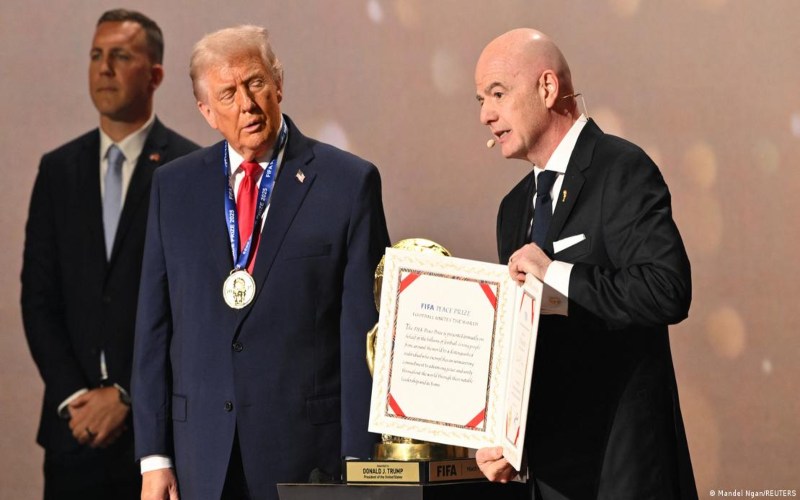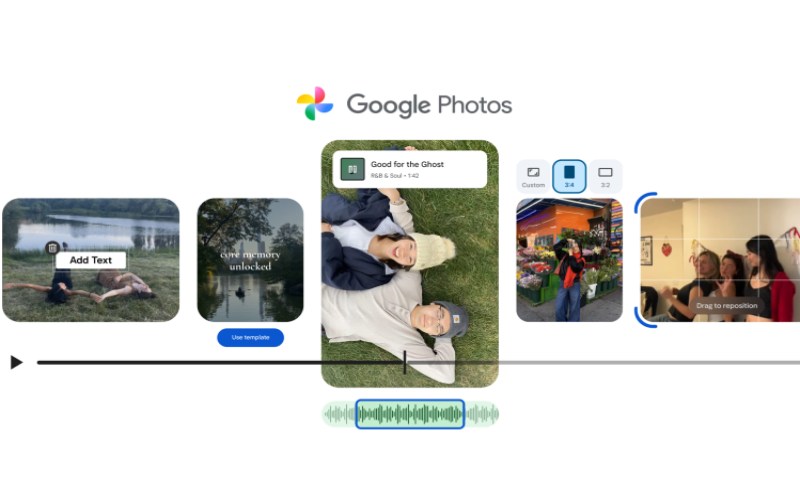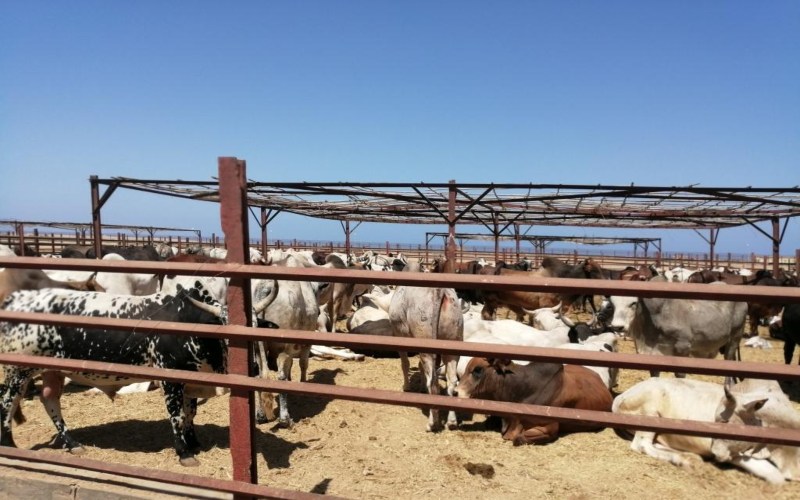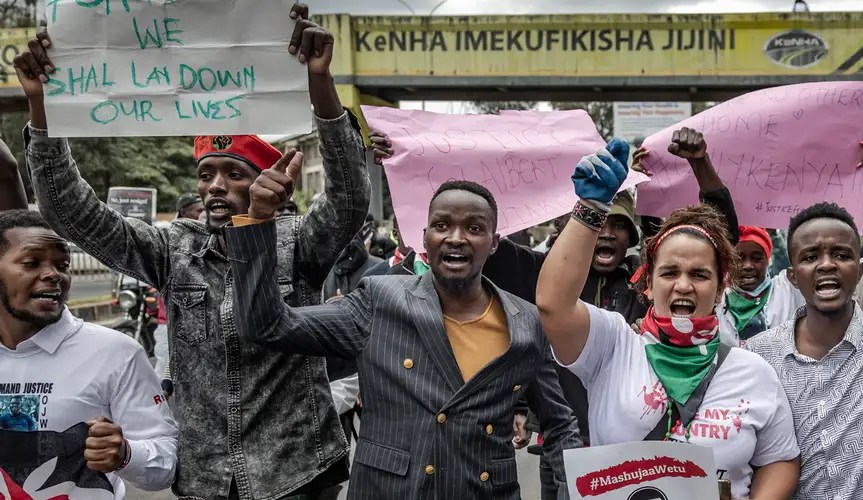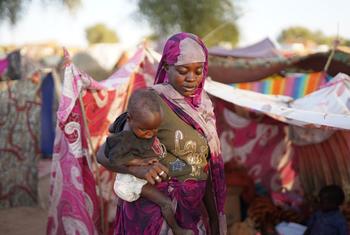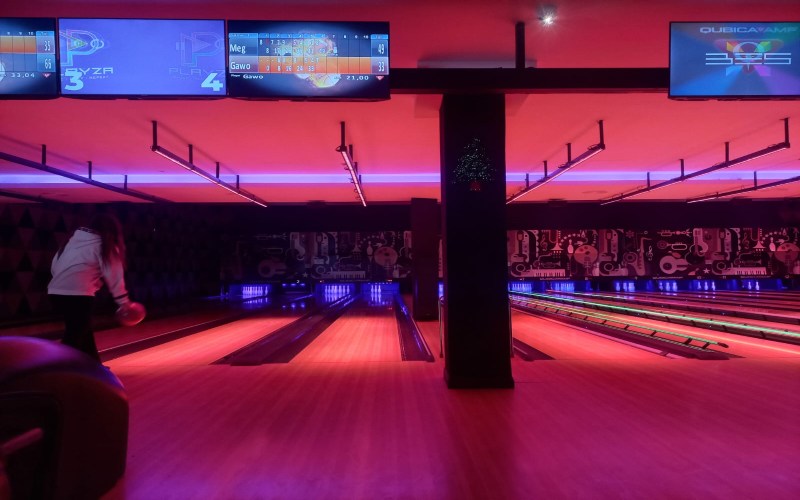Kenya adopts use of pre-recorded interviews in child cases to curb victimisation
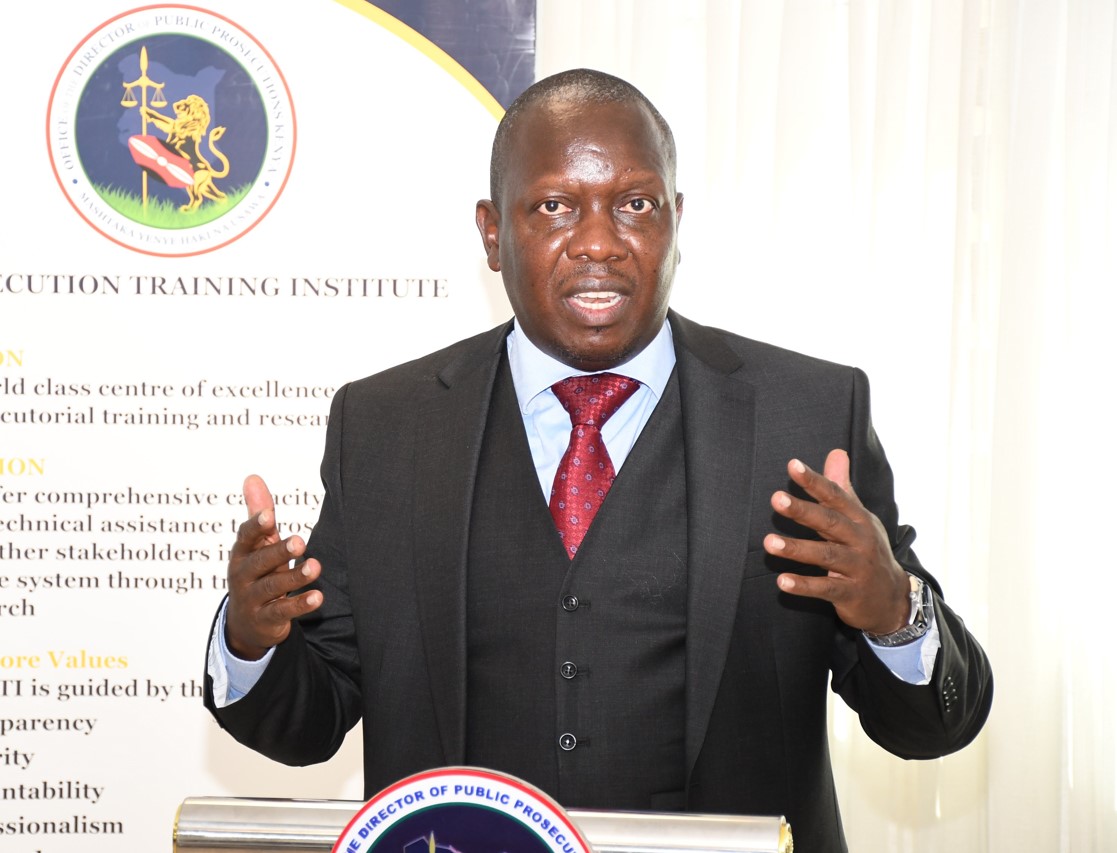
The evidence will however be collected in newly launched child-friendly interview rooms that meet the required standards in a move that embraces technology.
Pre-recorded testimonies of children who are victims of abuse will be used in court as their testimonies in a landmark move aimed at preventing them from suffering secondary victimisation, threats and inducements as the case is being heard.
The evidence will however be collected in newly launched child-friendly interview rooms that meet the required standards, a move that embraces technology, ensures collection of accurate testimony and prevents repetition of witness statements.
More To Read
- DPP urges fast-tracking of traffic reforms amid rise in road offences nationwide
- Justice Matheka calls for increased funding to strengthen Kenya’s child justice system
- Senator Hamida demands action over child sex trafficking in Maai Mahiu
- Lobby group accuses DPP of shielding graft suspects, warns economy is on brink
- Child labour numbers rise in homes where adults are jobless – South African study
- DRC conflict sparks surge in sexual violence against refugee children in Burundi
In a statement, the Office of the Directorate of Public Prosecutions said the initiative aims to create a safe and comfortable environment for child victims to share their experiences, ensuring their voices are heard without intimidation or fear.
It added that the interview rooms are part of policies being developed to address crimes against children.
"By prioritising the well-being of children during the investigative process, the ODPP is strengthening its commitment to justice and protection for the most vulnerable members of society," the statement added.
Speaking during the launch, DPP Renson Igonga said the rooms will aid in prioritising the well-being of children during the investigative process.
"The Centre lays a foundation for testimony, recognising the vulnerability of children due to age, trauma, level of maturity and individual special needs. He urged judicial officers to embrace these advancements, emphasising the innovation it brings to prosecutions," he said.
Pre-trial rooms
He also confirmed that, with the support of the United Nations Office on Drug and Crime (UNODC), more pre-trial rooms will be established in Lamu, Kiambu, Makadara, Kibera, Ngong, Mombasa, Nakuru and Kisumu.
Solicitor General Shadrack Mose said that by incorporating pre-trial video recording, the centre ensures the child's best interests are prioritized, enhancing public confidence in the justice system.
At the same time, Justice Teresia Matheka, a member of the NCAJ Special Taskforce on Children Matters called for accountability in the evidence recording to preserve the dignity and rights of children throughout the trial process.
She also called for the adoption of trauma-centred approaches and forensic interviewing procedures at the Centre.
Judge Ann Claire Williams said that justice for children should be given priority and that they should have close monitoring and guidance during the interview process.
The Witness Protection Agency Chairperson urged that the face and voice of the children be distorted to disguise and help hide the identity of the victims.
The room was developed with support from Lawyers without Borders (LWOB) paving the way for the adoption of similar efforts across the continent.
Children have been for years taking the witness booth to narrate their evidence in court, a trend that forced them to relive the trauma experienced when the crime was being committed and exposed them again to their perpetrators when they come face to face with them in court.
As a result and out of fear, some would fail to give the full account of what transpired and end up losing their cases or having the perpetrator suffer less punishment.
The new move is a significant step in efforts to create a child-friendly Criminal Justice System, promoting fairness and protection.
Top Stories Today



